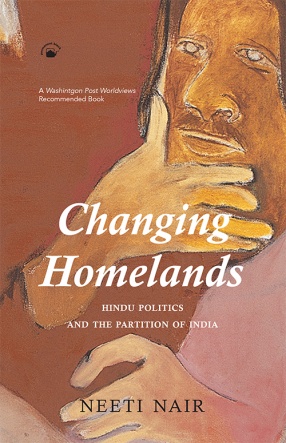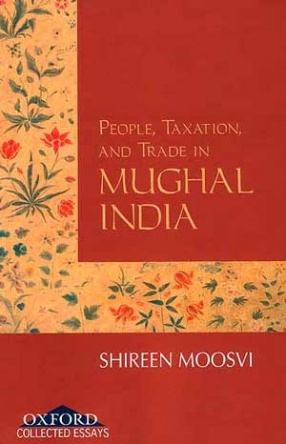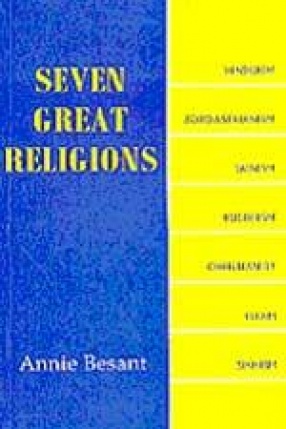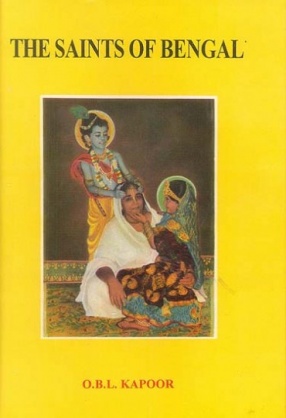Changing Homelands offers a startling new perspective on what was and was not politically possible in late colonial India. In this highly readable account of Partition in Punjab, Neeti Nair rejects the idea that essential differences between the Hindu and Muslim communities made political settlement impossible. Far from being an inevitable solution, the idea of Partition came as a very late and stunning surprise to the majority of Hindus in the region.
In tracing the political and social history of Punjab from the early years of the twentieth century, Nair overturns the entrenched view that Muslims were responsible for Partition. She shows that many powerful Punjabi Hindus also preferred Partition and contributed to its adoption, as well as that almost no one foresaw the death and devastation that followed.
Though much has been written on the politics of the Muslim and Sikh communities in Punjab, Nair is the first historian to focus on the Hindu minority, both before and long after the divide of 1947. She engages with politics in post-Partition India by drawing from oral histories that reveal the complex relationship between memory and history—a relationship that continues to inform politics between India and Pakistan.





There are no reviews yet.